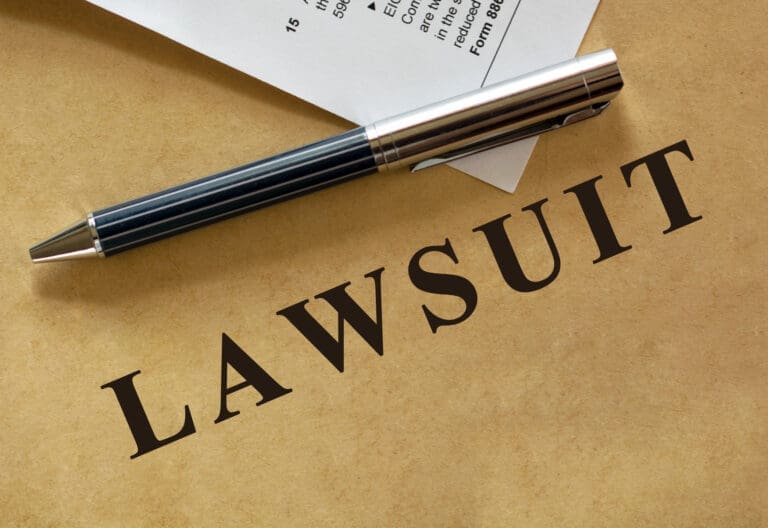
Understanding your role and the legal ramifications of being labeled an accomplice in a criminal act is crucial. This term refers to anyone who willingly assists in the commission of a crime, though not necessarily present during its occurrence. This article aims to elucidate the legal definitions, potential consequences, and defenses available to someone identified as an accomplice.
En accomplice is distinctly different from an accessory because their involvement is directly linked to the crime itself. Legally, accomplices are considered as guilty as the person who commits the crime. They can face the same charges and are seen as co-conspirators, which emphasizes the severity of their legal standing.
When charged as an accomplice, the severity of your penalties can depend on the nature of the crime. For instance, if the primary offense was a felony, penalties can be significantly harsher, including long-term imprisonment. Recognizing the gravity of such charges, it is imperative to seek specialized asesoramiento jurídico from a criminal defense attorney who can navigate the complexities of your case.
Legal defenses for an accomplice might involve proving that you were not aware of the criminal intent, or that you were involved under duress. In some instances, if an accomplice can demonstrate that they withdrew from the crime before it occurred, they may mitigate their responsibility and potential penalties.
The strategy for defense often includes detailed examination of the evidence against the accused. It is crucial to demonstrate a lack of intent or knowledge regarding the criminal actions. In the digital age, electronic communications and surveillance footage often play a pivotal role in either incriminating or exonerating an individual accused of being an accomplice.
For those facing these serious allegations, it is also important to understand the impact of state laws. Each state may interpret the role of an accomplice differently, affecting the charges and possible defenses available. For example, some states have “accomplice liability” laws that can impose additional penalties.
Moreover, being an accomplice can carry not only legal but also social consequences. The stigma attached to criminal charges can affect personal relationships, employment opportunities, and social standing. Therefore, managing the public perception through careful media representation and legal counseling is as crucial as the court proceedings.
An experienced attorney will also guide you through the process of court appearances, negotiations, and potentially, trials. Effective legal representation involves preparing compelling arguments that highlight your lack of direct involvement or intent, aiming to reduce the severity of the outcome.
Furthermore, understanding plea bargain options is essential. Many cases involving accomplices result in plea deals where the accused may agree to testify against the principal offender in exchange for lighter sentences. Navigating these options requires an adept understanding of both the legal landscape and tactical negotiation.
In conclusion, being charged as an accomplice is a serious situation that demands careful legal scrutiny and proactive defense strategies. It is vital for individuals to be fully informed about their legal rights and the intricacies of the law concerning their case. With the right guidance and a robust defense, it is possible to navigate through these challenging legal waters.
Understanding the full scope of what it means to be an accomplice can help individuals and their families prepare for the legal battles that may lie ahead. Ensuring that you have competent legal support will significantly affect the trajectory of your case and ultimately, your future.








